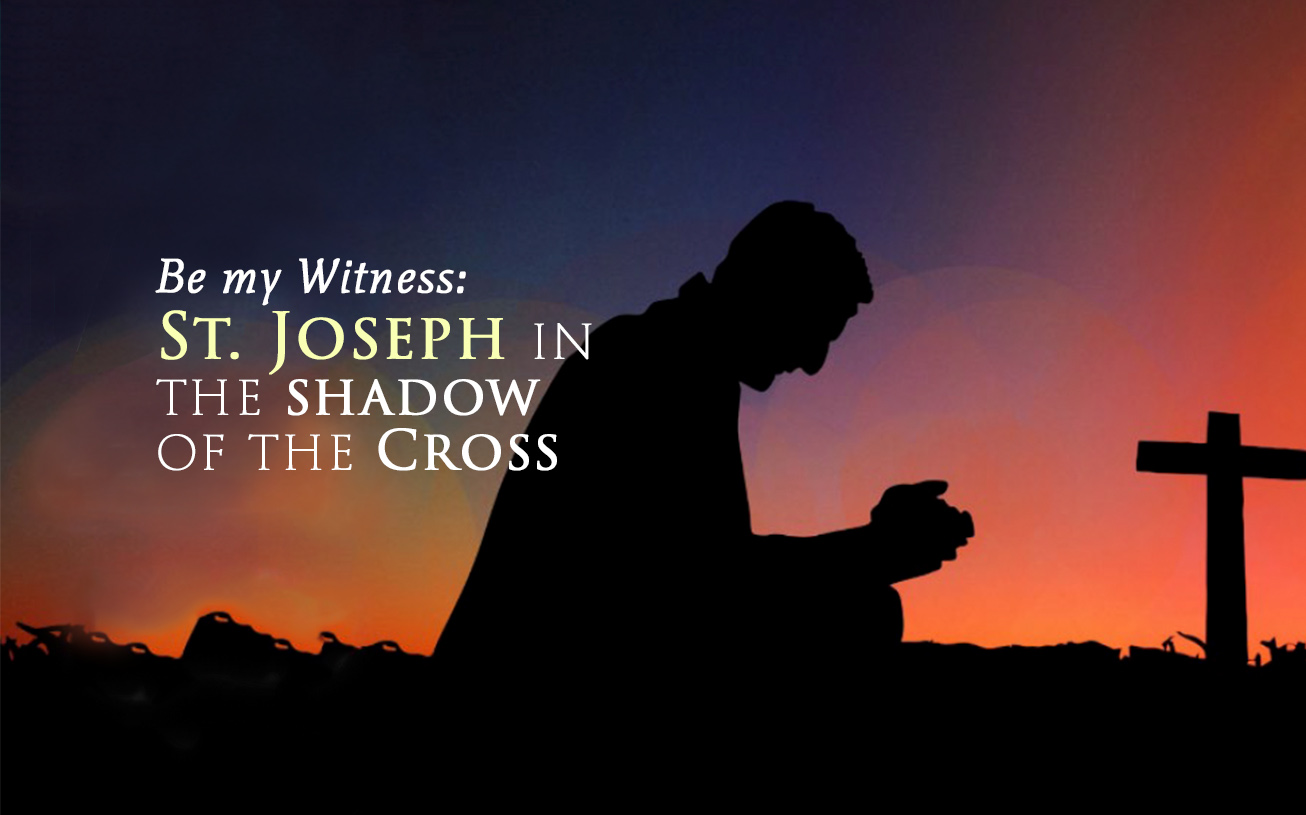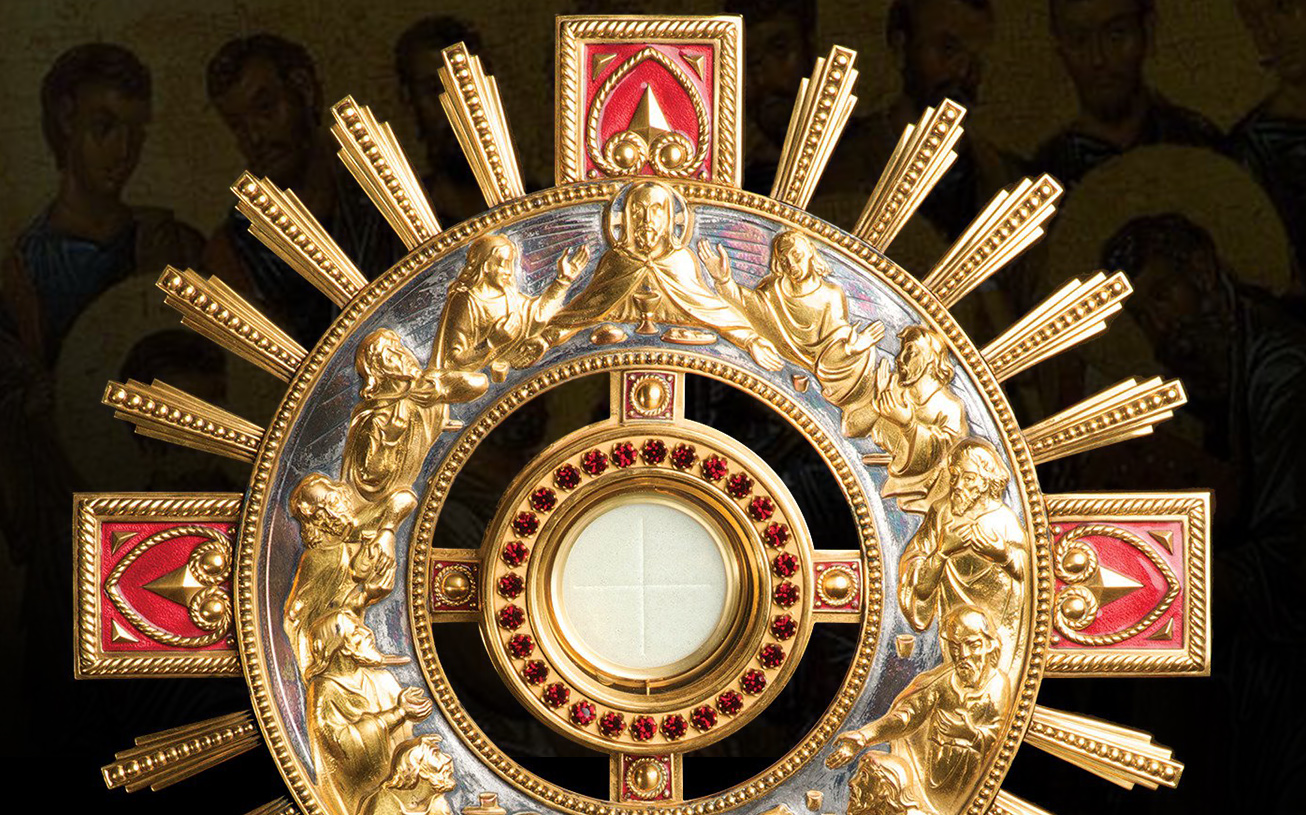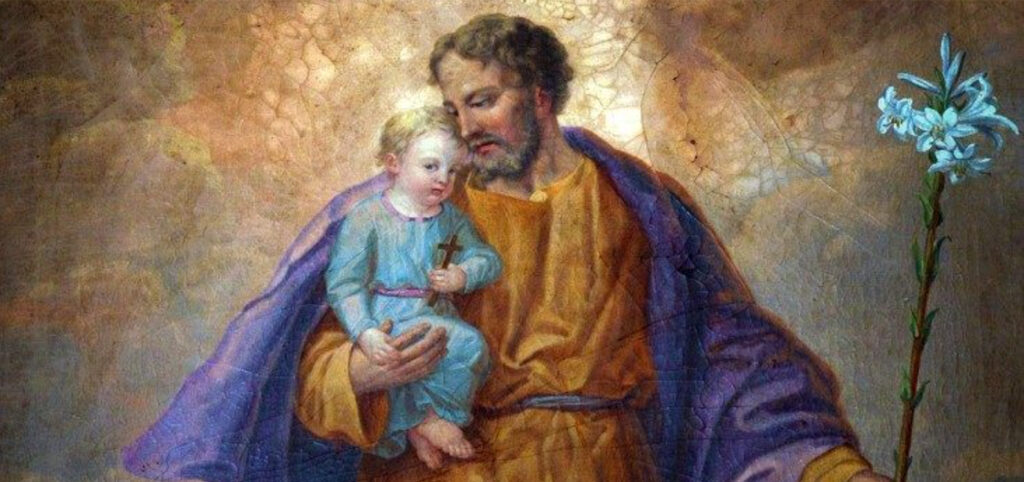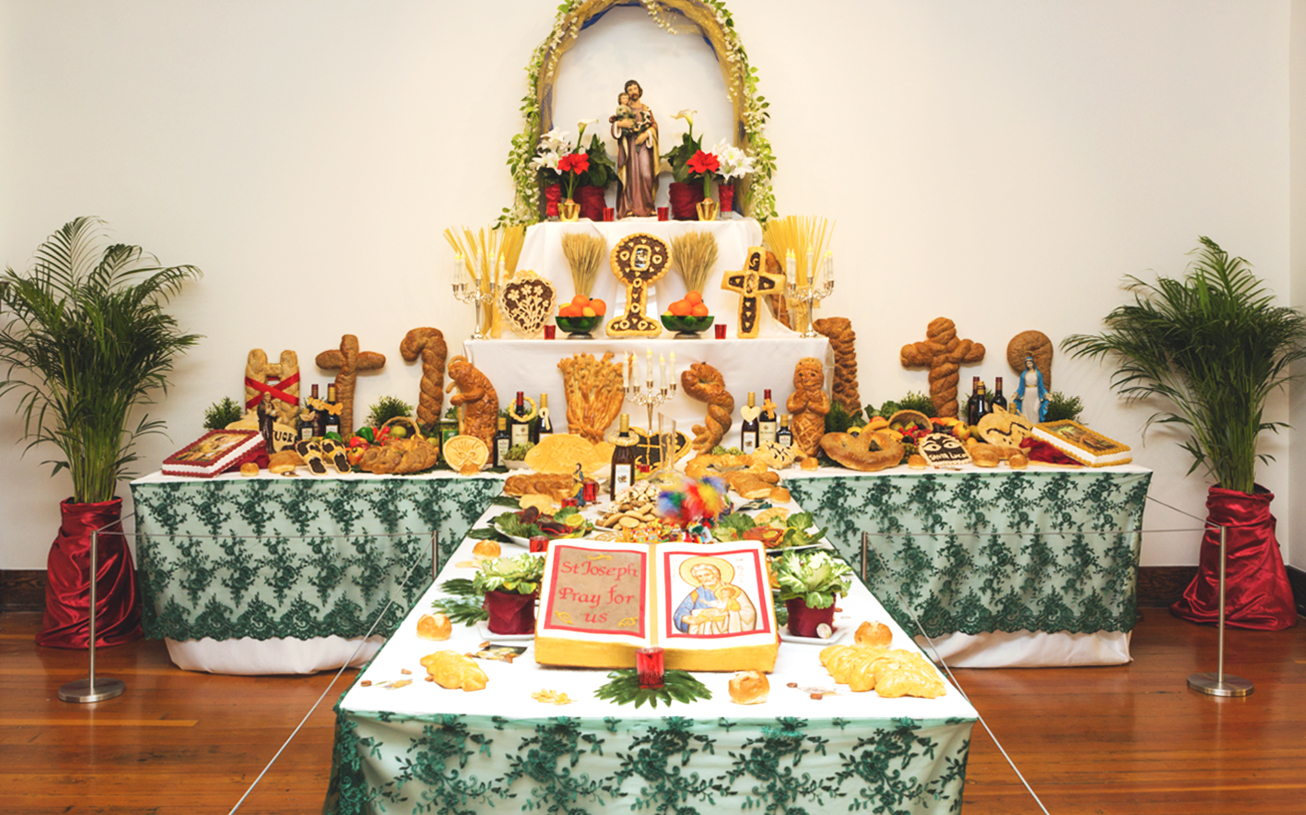
The St. Joseph’s Table altar at the Italian American Museum of Los Angeles.
While looking into how a family can celebrate The Year of St. Joseph at home, I stumbled upon, “St. Joseph’s Table”. I found this to be interesting mostly because I never heard of it. The feast day of St. Joseph is March 19th. This falls in the middle of Lent. As I continued to read I understood why the “table” was mostly pastries and bread. There is no meat at the table because it falls during Lent.
Tradition comes from medieval times in Sicily. The story goes that there had been a great drought and famine on the island. The people prayed to St. Joseph for his intercession. When the sky opened, and rain finally came the people knew St. Joseph had answered their pleas. Their crops grew. After the harvest to show gratitude to St. Joseph and to honor him for answering their prayers they celebrated. The celebration included everyone. A table was prepared with special foods in honor of St. Joseph. The food was also shared with all the people, especially the poor and hungry.
The tradition has changed in many ways, usually if celebrated at church, the celebration would be after mass. Some parishes were known to have actors dress as Joseph, Mary, and Jesus. They would bring offerings during mass and at the celebration, they would sit at the table. With Covid, sharing with others and gathering has made it difficult. That does not mean that you can’t celebrate at home. You can continue a tradition if this is done in your family or adopt the tradition if this is your first time.
Involve your children or teens and anyone in your household. What a better way to tell the story of St. Joseph the foster father of our Savior chosen to protect Mary and Jesus. He was chosen to witness the birth of the Christ child. While very little is spoken of Joseph in the bible he plays an important role. He is another example to our children to have faith in God’s divine plan. This is the perfect family project. Teaching your children through tradition and symbolism. The quality of family time together is also great.
There are 3 main points to this tradition:
Veneration—special recognition of St. Joseph. Honoring the silent foster father of our Lord Jesus. He protected our Mother Mary and our Saviour.
The Table—an altar and a communal celebration for gathering
The Poor—The purpose of the foods is to help those in need.
St. Joseph’s Table at home
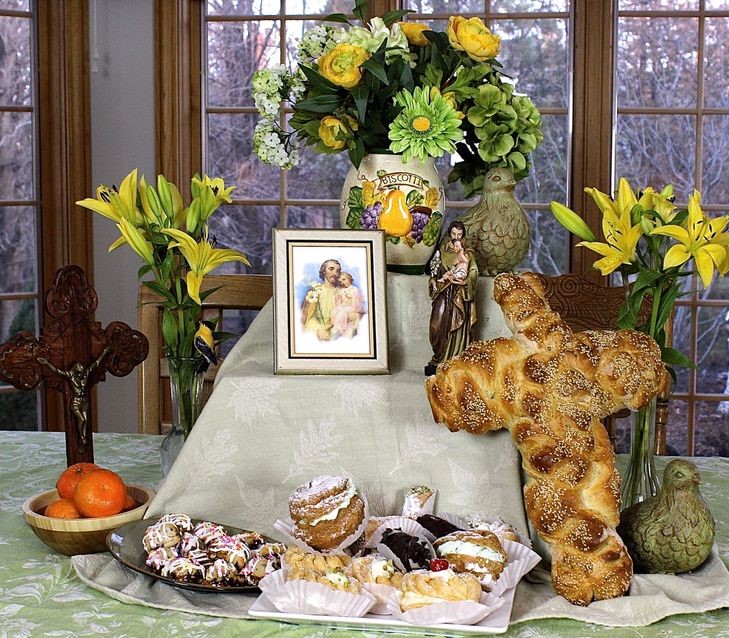
The create the table/altar at home you will need a three-tiered display. This can be made out of boxes and cover with a white linen tablecloth or sheet. The three tiers represent the Holy Trinity. A statue or picture of St. Joseph is placed on the top tier. The other can have flowers (especially Lilies). You buy them or make flowers out of tissue paper with your children. The other two tiers also have candles, pastries, and bread. Some people add wine symbolizing the wedding feast at Cana; pineapple symbolizing hospitality; and other fruits.
You can make pastries with your children, and decorate the table together. How simple or ornate your “table/alter” is totally up to you.
The items below are traditionally made from bread, but they can be made from cookie dough or even small pictures. How you display each symbol is completely up to you and your family.
A Cross: The ultimate symbol of our Lord’s suffering and salvation.
Breadcrumbs: Represents sawdust, since St. Joseph was a carpenter.
Fava Beans: They can be served in a frittata or garlic sauce. If you have dry beans, they can be roasted and blessed. It became very popular as the “lucky bean.” Legend has it that you will never be broke if you carry one. Some people believe that if you keep one in the pantry, there will always be food in the kitchen.
Baby Jesus: The baby Jesus to whom St. Joseph was the foster father. It can be a statue or a picture, even a drawing/coloring page that your younger children worked on.
St. Joseph’s Staff: Legend has it that St. Joseph’s staff blossomed into a lily, a symbol both of life and death.
St. Joseph’s Purse: This symbol is a reminder to give alms to the poor during Lent. A small pouch with coins for symbolism or even a jar where spare change can be collected and given to your parish at the end of Lent.
A Sheaf of Wheat: Wheat is a reminder that when a single grain of wheat falls into the ground it bears much more food at harvest time.
St. Joseph himself: He is always represented in profile and hunched over with a cane, symbolizing that he was (according to tradition) an old man, while Mary was a much younger woman.
St. Joseph’s Beard: Is the sheaf of Wheat turned upside down, it is another reminder of Joseph’s wisdom and old age.
Heart: A symbol of devotion to the Sacred Heart of Jesus and the Immaculate Heart of Mary.
The Crown of Thorns: This is in remembrance of Christ’s passion and a reminder of the day’s feasting among Lent’s fasting, Lent is still a season of sorrow—and hope.
In a time when we need to church, and we want to continue to pass our faith to our children the “Table” is a wonderful place to start.
Happy Feast of St. Joseph!
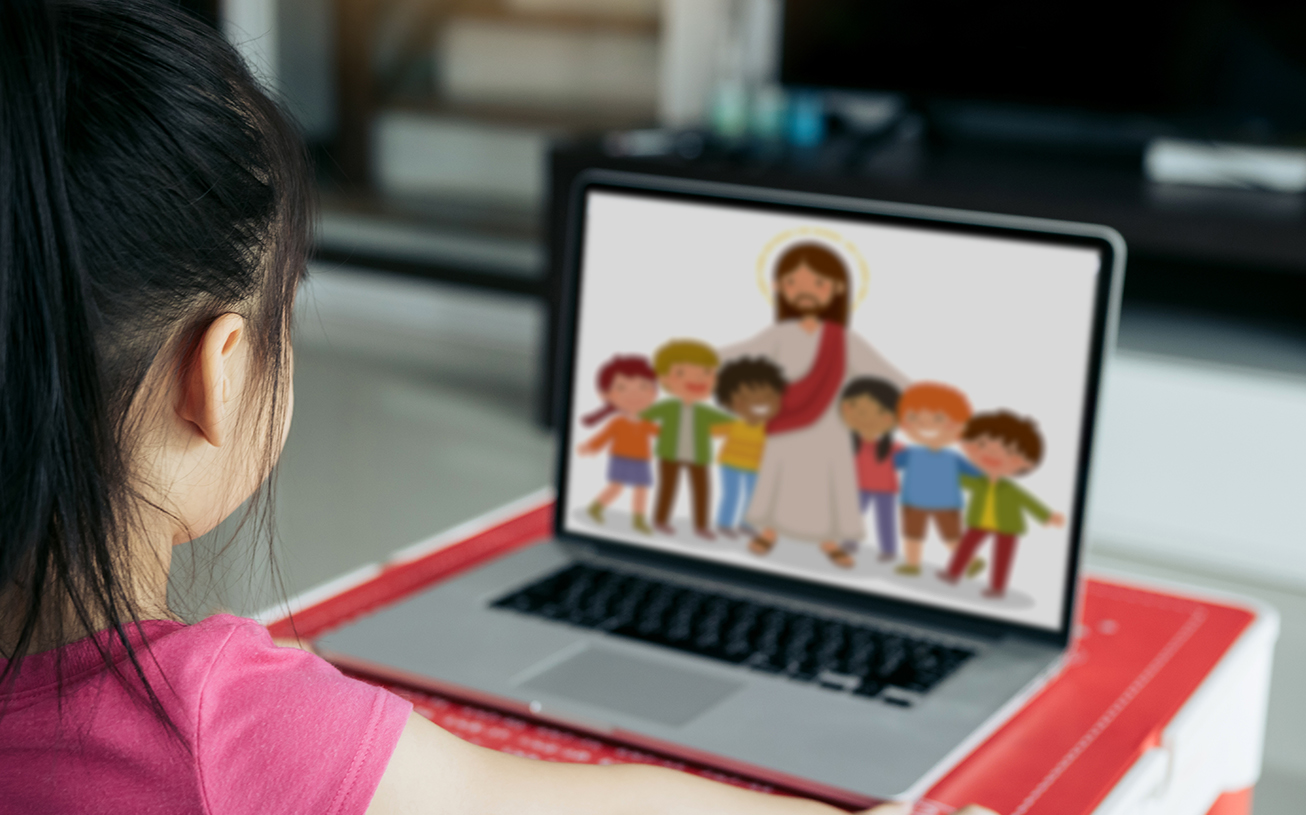



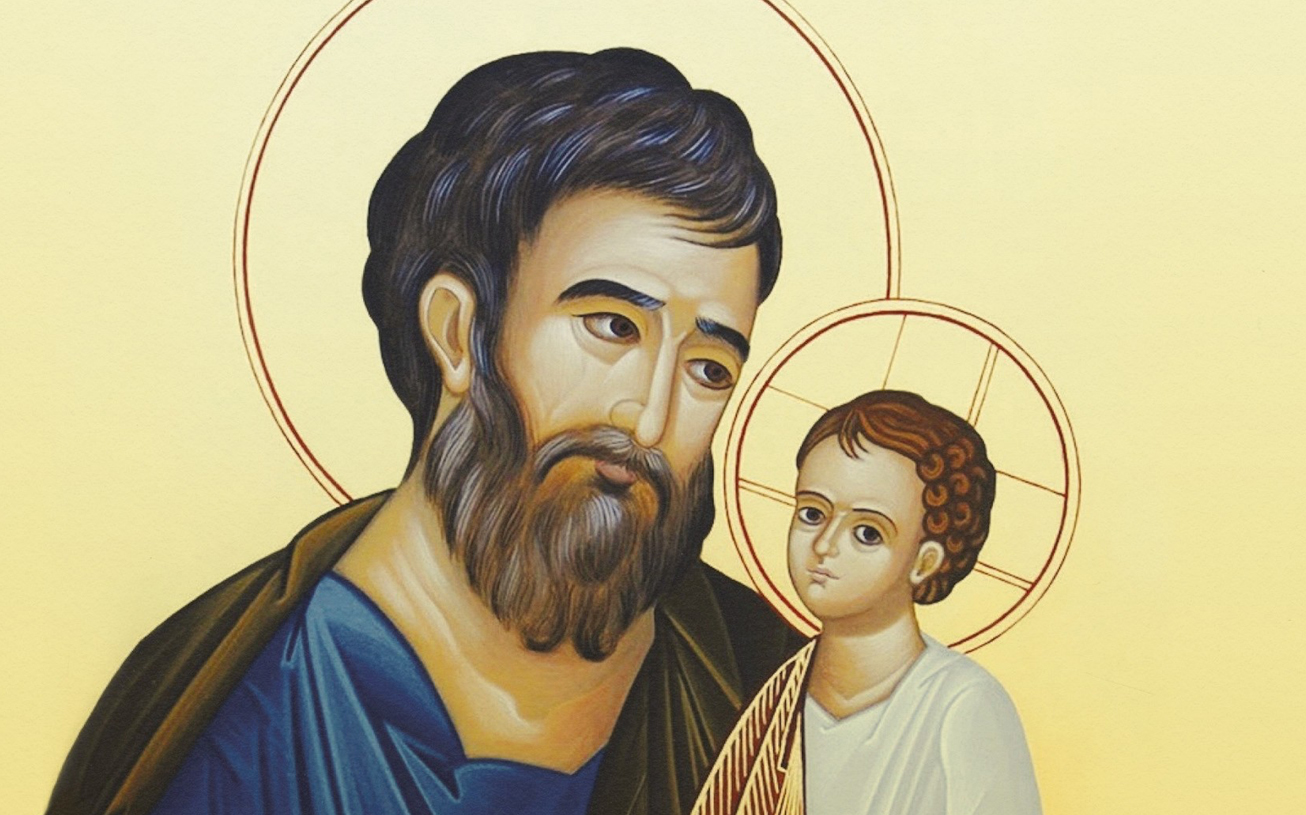
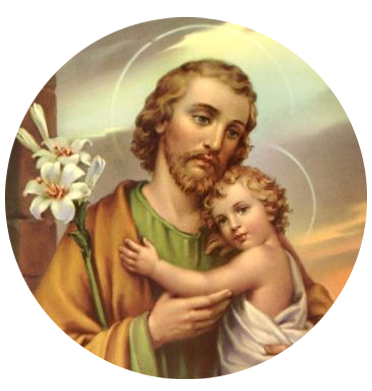
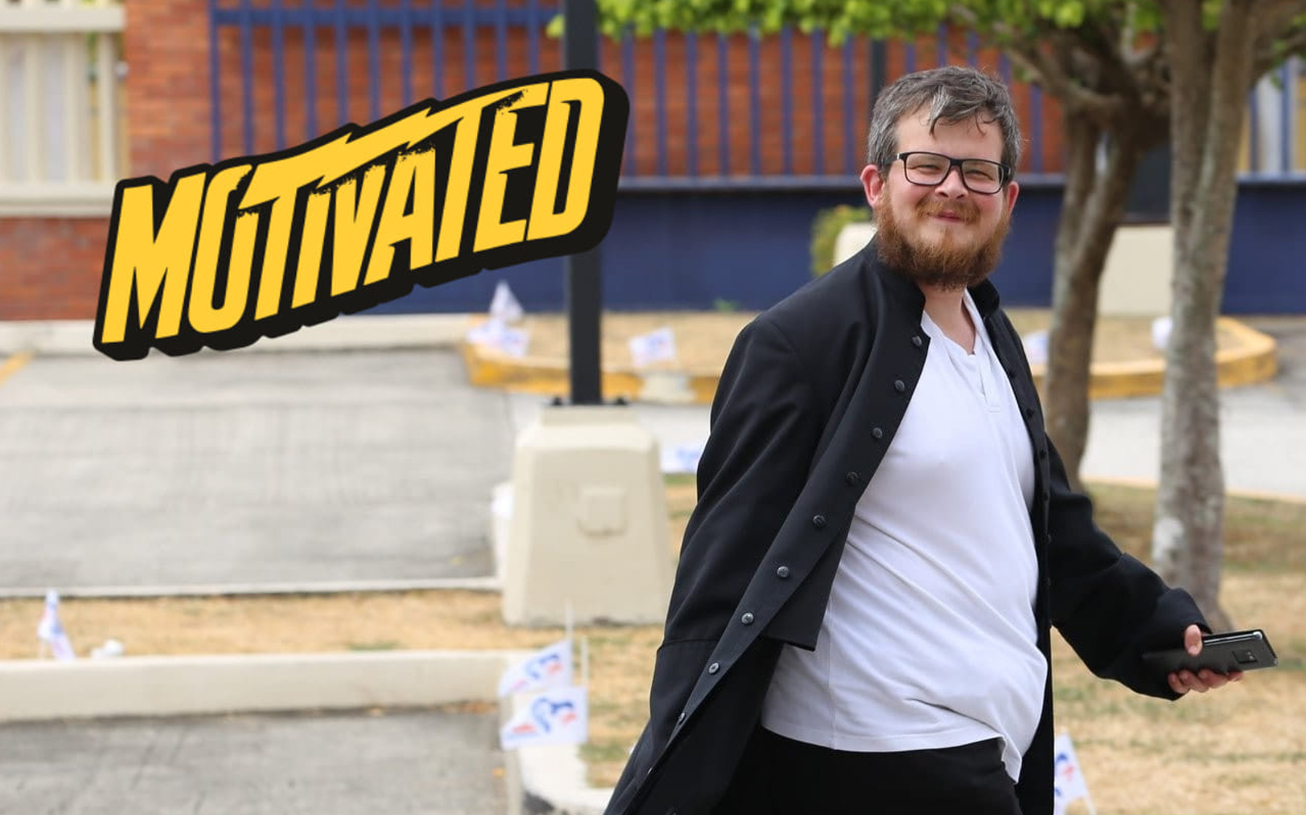
 So, I have decided to get up from my “sofa” and start a new mission. I have chosen the Diocese of Brooklyn in the USA. New culture, new environment, the new style of the Church, new challenges.
So, I have decided to get up from my “sofa” and start a new mission. I have chosen the Diocese of Brooklyn in the USA. New culture, new environment, the new style of the Church, new challenges.
